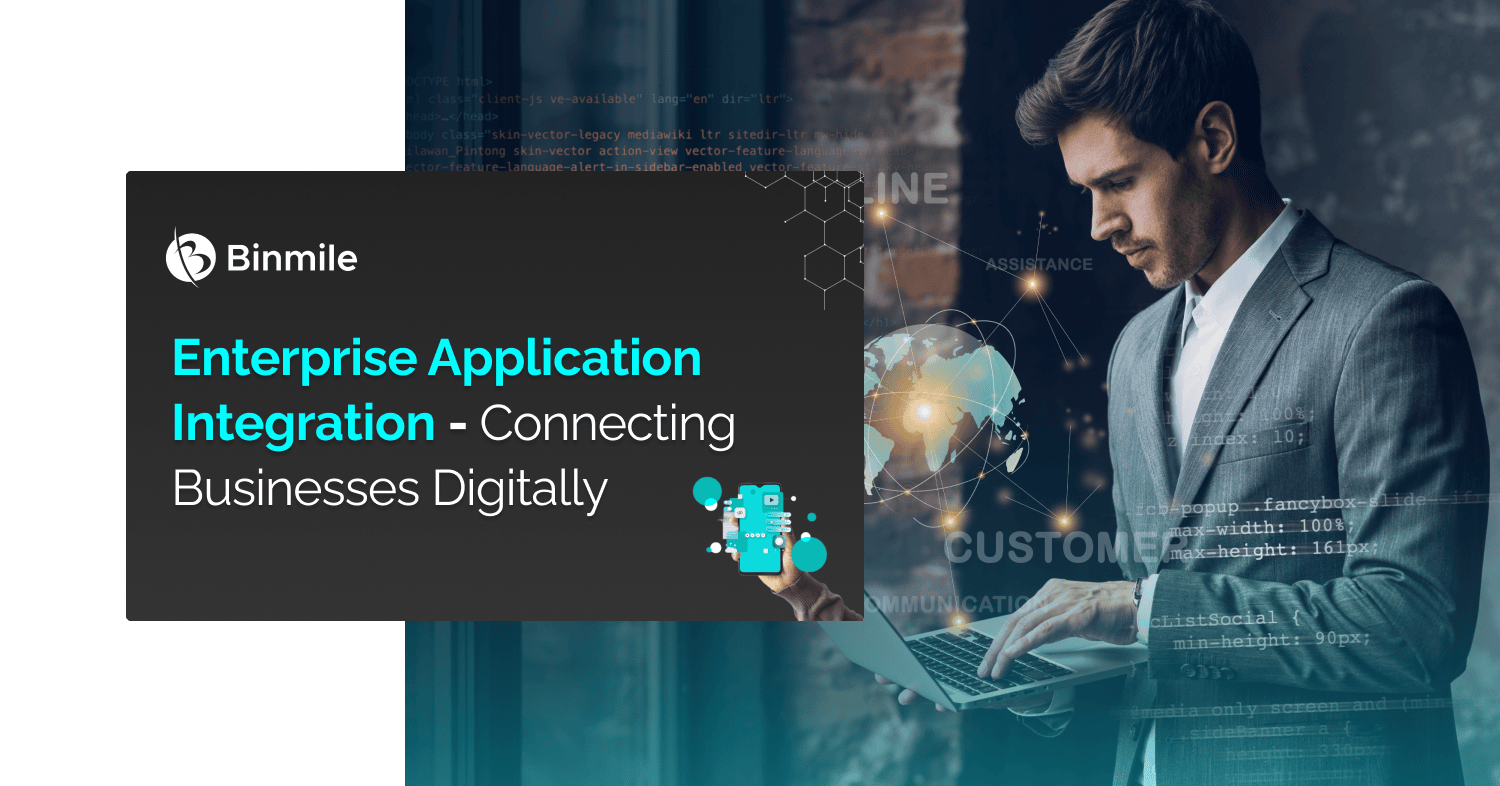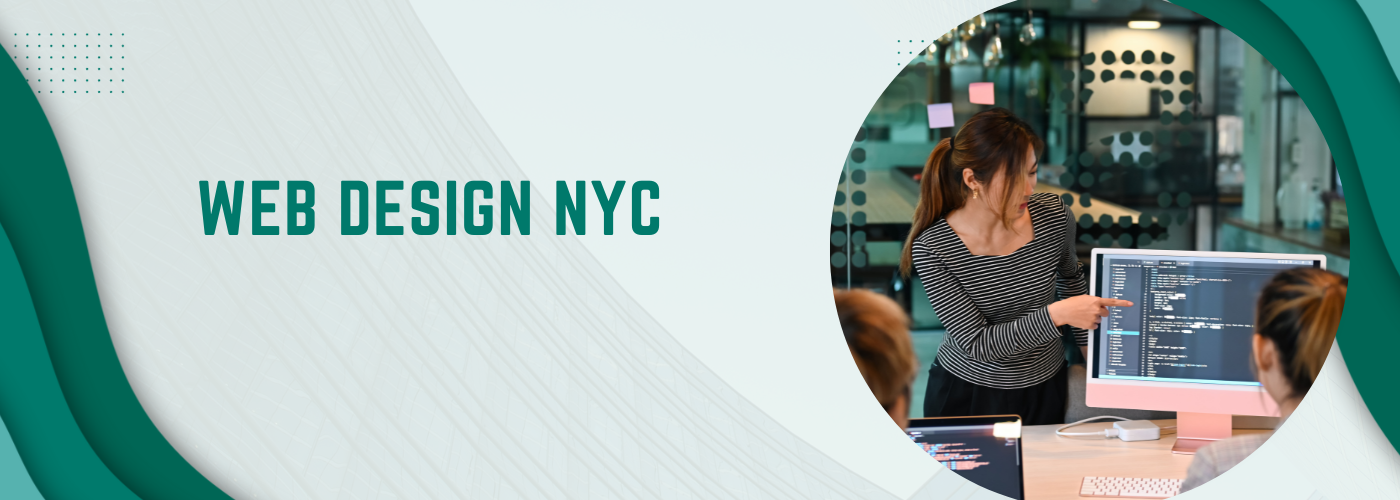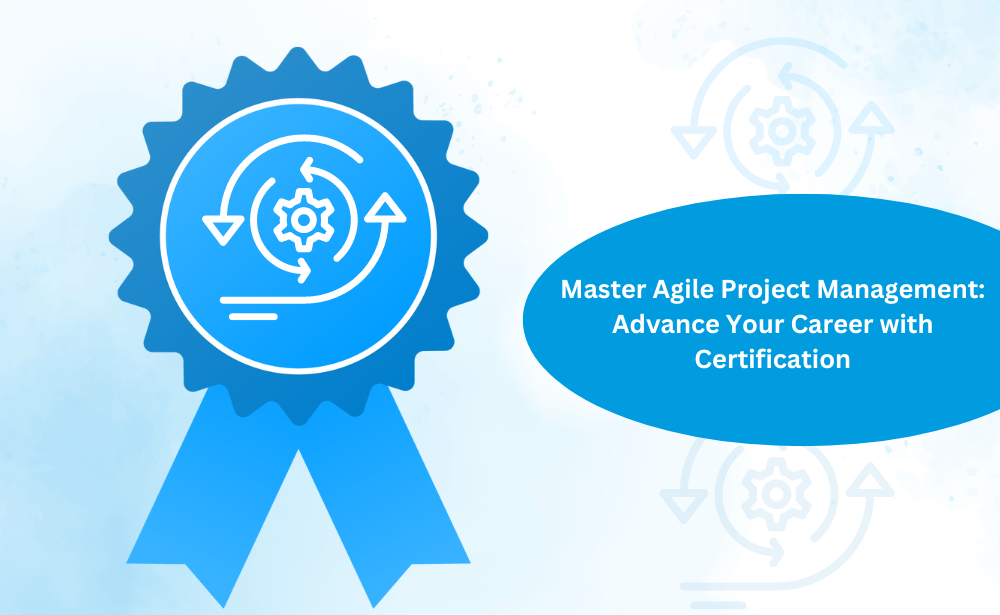Enterprise Application Integration (EAI) refers to the process of linking various software applications and systems within an organization to enable seamless communication and data sharing. In today’s digital age, where businesses rely on multiple applications to carry out different functions, enterprise application integration plays a crucial role in ensuring smooth operations and efficient workflow.
Challenges in Application Integration
Siloed Data and Systems
One of the primary challenges in application integration is the presence of siloed data and systems. Many organizations operate with disparate systems that don’t communicate effectively with each other. This results in data redundancy, inconsistencies, and inefficiencies.
Compatibility Issues
Another challenge is compatibility issues between different applications and systems. Integrating legacy systems with modern applications or ensuring compatibility between software from different vendors can be complex and time-consuming.
Security Concerns
Security is a significant concern when integrating multiple applications, especially when sensitive data is involved. Ensuring that data remains secure and protected throughout the integration process is crucial to maintaining the trust of customers and stakeholders.
Benefits of Enterprise Application Integration
Improved Efficiency and Productivity
By integrating disparate systems and automating workflows, EAI can significantly improve efficiency and productivity within an organization. Employees can access the information they need more quickly, resulting in faster decision-making and streamlined business processes.
Enhanced Data Accuracy
EAI helps in maintaining data consistency and accuracy across multiple systems. By eliminating manual data entry and reducing the risk of errors, organizations can rely on accurate data for better insights and decision-making.
Streamlined Business Processes
Integrating various applications allows for the seamless flow of information across departments and functions. This streamlines business processes and eliminates bottlenecks, leading to improved collaboration and customer satisfaction.
Mobile App Development Services in EAI
Mobile app development services specialize in creating applications that are optimized for integration with existing systems, allowing for real-time access to information and enhanced productivity.
Software Development Company’s Contribution to EAI
A software development company plays a vital role in EAI by offering expertise in developing integration solutions tailored to the specific needs of an organization. These companies have the knowledge and experience to design and implement robust integration architectures that enable seamless communication between different applications and systems.
Case Studies of Successful EAI Implementations
Several companies have successfully implemented EAI solutions to gain a competitive advantage. For example, Company X streamlined its supply chain operations by integrating its inventory management system with its suppliers’ systems, resulting in reduced lead times and improved inventory accuracy.
Future Trends in Enterprise Application Integration
Integration with Emerging Technologies
The future of EAI lies in integration with emerging technologies such as artificial intelligence (AI) and the Internet of Things (IoT). By leveraging AI algorithms and IoT sensors, organizations can extract valuable insights from data and automate decision-making processes.
Shift towards Cloud-Based Solutions
There is a growing trend towards cloud-based integration solutions, which offer scalability, flexibility, and cost-effectiveness. Cloud-based EAI platforms allow organizations to integrate applications and systems hosted in different environments, including on-premises data centers and public clouds.
Conclusion
Enterprise Application Integration is essential for modern businesses looking to optimize their operations and stay competitive in today’s digital landscape. By overcoming challenges, leveraging mobile app development services, and partnering with software development companies, organizations can unlock the full potential of EAI to drive innovation and growth.
FAQs
1. What are the common challenges in enterprise application integration?
Enterprise application integration (EAI) faces several common challenges, including:
- Siloed data and systems: Many organizations operate with disparate systems that don’t communicate effectively with each other, leading to data redundancy and inefficiencies.
- Compatibility issues: Integrating legacy systems with modern applications or ensuring compatibility between software from different vendors can be complex and time-consuming.
- Security concerns: Protecting sensitive data throughout the integration process is crucial to maintaining trust and compliance with regulations.
2. How can mobile app development services contribute to EAI?
Mobile app development services play a crucial role in EAI by:
- Providing access to essential data and functionalities on the go, improving productivity and decision-making.
- Optimizing applications for integration with existing systems, enabling real-time data exchange and collaboration.
- Offering mobility solutions that enhance employee engagement and customer experience, driving business growth.
3. Why is data security crucial in the context of application integration?
Data security is paramount in application integration because:
- Integrating multiple systems increases the risk of data breaches and unauthorized access.
- Protecting sensitive information ensures compliance with regulations and maintains customer trust.
- Implementing robust security measures safeguards data integrity and confidentiality throughout the integration process.
4. What role do software development companies play in EAI?
Software development companies contribute to EAI by:
- Offering expertise in developing custom integration solutions tailored to the specific needs of organizations.
- Designing and implementing robust integration architectures that enable seamless communication between applications and systems.
- Providing ongoing support and maintenance to ensure the reliability and performance of integration solutions.
5. What are some future trends in enterprise application integration?
Future trends in enterprise application integration include:
- Integration with emerging technologies such as artificial intelligence (AI) and the Internet of Things (IoT) to automate processes and extract valuable insights from data.
- Adoption of cloud-based integration solutions for scalability, flexibility, and cost-effectiveness.
- Focus on API-driven architectures and microservices to enable agility and adaptability in rapidly changing business environments.



